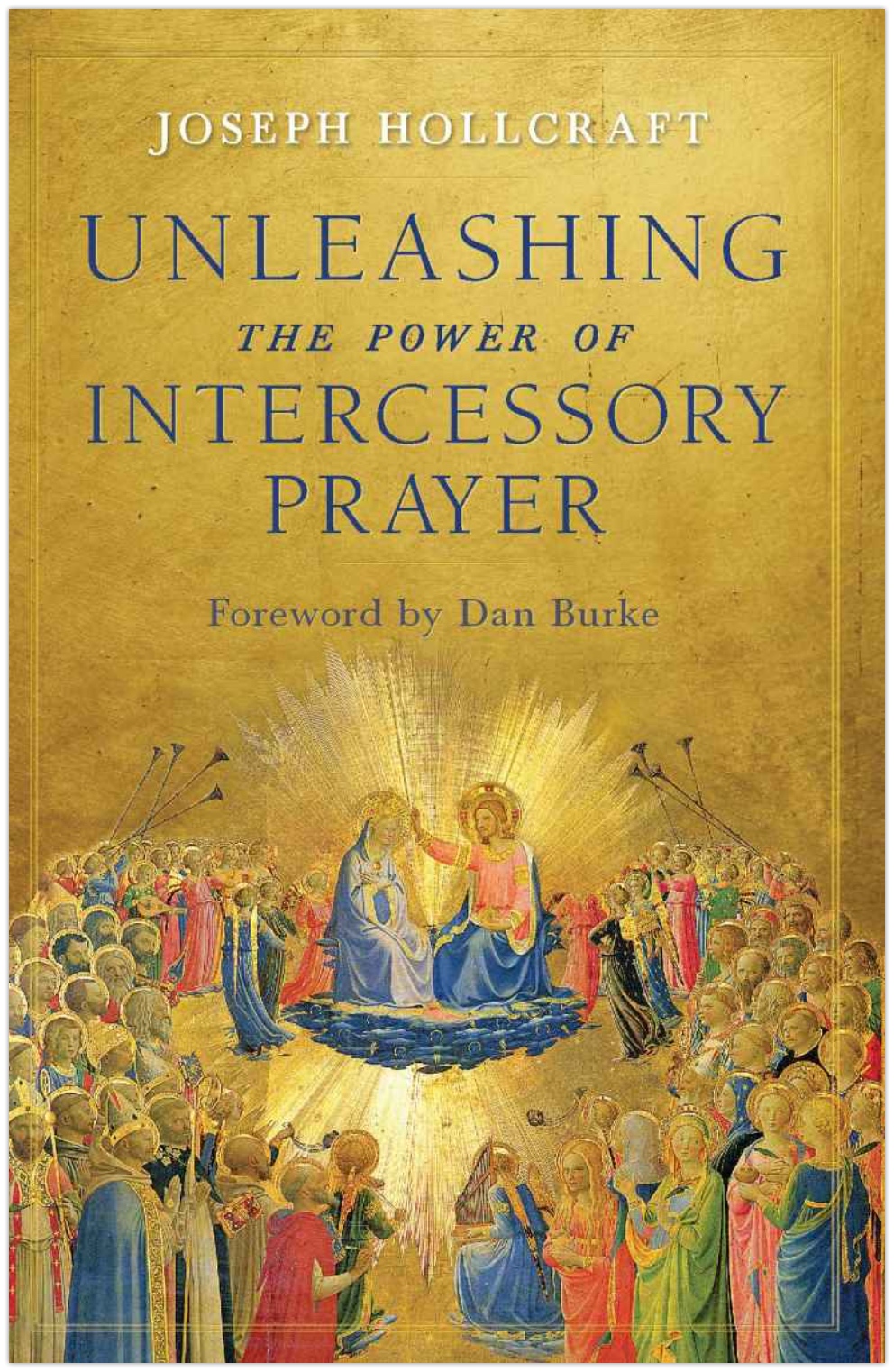Listen More, Speak Better
Coming from a family of thirteen, it was common for me to “chime in” as often as possible at the dinner table (or wherever we found ourselves eating). Why? When you have ten brothers and sisters, there is not a lot of lag time—“dead air”, so to speak. More often than not, I would find myself speaking to let my siblings know that I was there, rarely responding to the actual subject matter being discussed.
As I grew older, I was made aware through spiritual direction of my need to speak less and listen more. I found myself praying daily for a deeper awareness of what was being said around me; the discipline of listening more became a major point of conversion for me.
Listening is essential if we are to bring people to Christ. In Evangelii Gaudium (Joy of the Gospel), Pope Francis states:
Listening, in communication, is an openness of heart which makes possible that closeness without which genuine spiritual encounter cannot occur. Listening helps us to find the right gesture and word which shows that we are more than simply bystanders. Only through such respectful and compassionate listening can we enter on the paths of true growth and awaken a yearning for the Christian ideal: the desire to respond fully to God’s love and to bring to fruition what he has sown in our lives (EG, 171).
In other words, listening is a sacred art, a holy craft, where we refrain from what we think needs to be said on behalf of what ought to be said. We cannot possibly know the right thing to say if we have not entered into the organic nature of the encounter itself. Every dialogue is unique, because every person has an unrepeatable story to tell. No matter what we think the person needs to hear, we must avoid that temptation to speak to a situation prematurely.
Listening calls for the virtue of silence. As a noun, silence is “muteness; the absence of noise”. As a verb, it is “becoming still”. All good listening starts with ‘the absence of noise’ (noun), and matures in the ‘becoming still’ (verb). It is in the action we take to ‘become still’ that we begin to understand silence as a virtue. Silence is virtuous when he who could speak remains still, drawing from the strength of an inner reserve.
In recent years, listening has taken on new challenges with the rise of such communication forums as Facebook and Twitter; along with the increased use of texting. It is a difficult thing to “listen” to a post, tweet, or text. While one may be able to grasp what is being said, there is no audible voice. Consequently, there is no inflection, tone, or body language that is proper to any dialogue. As a result, the art of listening is lost. While not dismissing the value of Facebook, Twitter, and texting, we ought to be aware of the listen/response reality that is so necessary for any life-giving dialogue.
Today, I pray for the grace to be a better listener, and tomorrow, I will pray for the grace to be a better listener. My prayer is quite simple: “God, supply me with the grace necessary to listen more, that I may speak better. Amen.”


